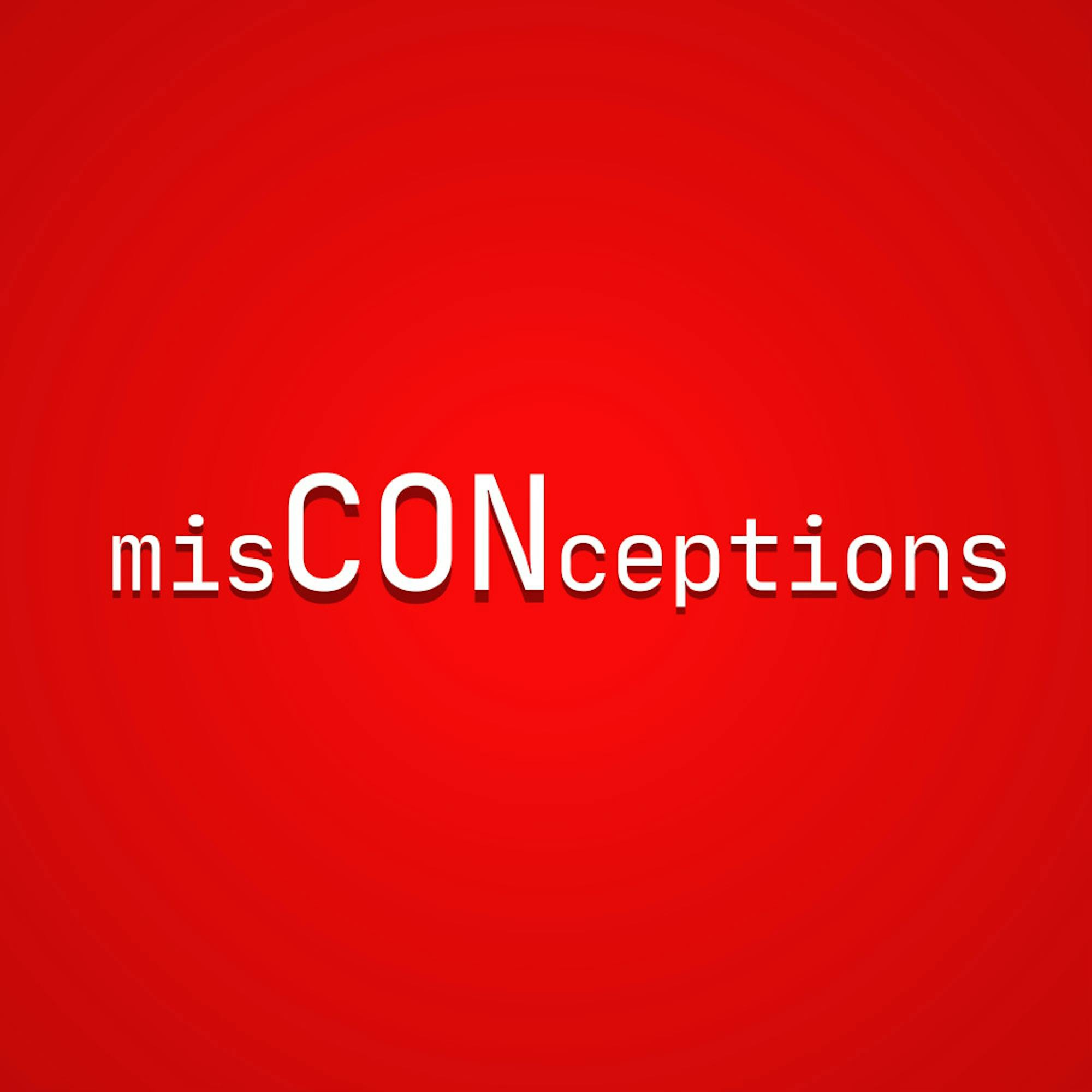Editor’s note: MisCONceptions is a column with four contributors. This article was written by Katherine Brown.
I normally cry during movies: It’s a bad habit. But “A Beautiful Day in the Neighborhood” (2019) starring Tom Hanks as Mr. Rogers made me weep. As I watched the way an ordinary man loved those around him who were so different from himself, I thought of my own neighborhood and how so few people embraced their ‘opponents’ anymore.
Our first two articles explained our nation’s problem as we see it, but it’s time for a challenge: Befriend someone in the opposite political party. Not just someone you tolerate or ‘understand,’ but a friend. Somehow, we started villainizing interpolitical friendships. Both the Pew Research Center and the American Enterprise Institute studied friendships between conservatives and liberals and concluded Americans are struggling to make friends across the political divide. And the problem is only getting worse. But is it even moral to strive for friendships that bridge this gap?
Greek philosopher Aristotle insists in “The Nicomachean Ethics” Book VIII that “Friendship seems too to hold states together … for unanimity seems to be something like friendship … and the truest form of justice is thought to be a friendly quality.” Friendship is nothing more than willing the good of another, despite your political differences. If we want our nation and campus to be healed, we need to be open to the idea of grabbing coffee with someone with whom we deeply disagree. I’m not asking you to study for every test with them, or even to sled down Pres Lawn with them. However, if Aristotle is right, our accomplishments or resources mean nothing without friendships.
Friendships keep us grounded in the real world. I’m the first to admit I can get rather cozy in my echo chamber. In fact, although harboring negative views on and refusing to befriend the opposite party is a problem for people on both sides of the aisle, I’ll issue a special challenge to my conservative friends. The previously mentioned Pew Research study found that when we have friends of differing political backgrounds, our opinion of the opposite party becomes kinder, more tolerant and more generous. When you’re truly friends with someone of the opposite party, you’re more willing to see things from their perspective and be less hateful.
There’s nothing wrong with being kind to people with whom you differ. In an article by James Clear, the New York Times bestselling author of “Atomic Habits,” Clear discusses how facts don’t change feelings but friendships often do. Clear advocates for inviting people in rather than just calling them out. He also invokes British philosopher Alain de Botton, who suggests, “Sitting down at a table with a group of strangers has the incomparable and odd benefit of making it a little more difficult to hate them with impunity. Prejudice and ethnic strife feed off abstraction.” We’re all at college to learn, grow and change. Shouldn’t we be open to the idea that maybe we’re wrong? Shouldn’t we also be willing to help others see where they’re wrong?
So, allow me to start. Hi, my name is Katherine, and I’m a junior here at Tufts. I’m a massive ‘Swiftie,’ I have a golden retriever puppy, my go-to coffee order is an iced pistachio latte and I’m a conservative. Won’t you be my neighbor?






